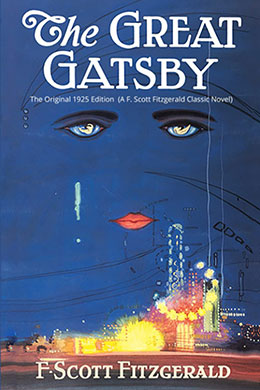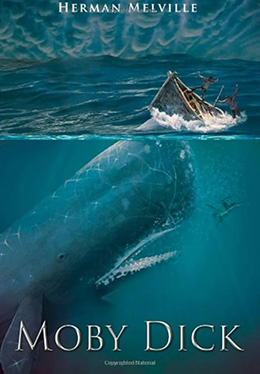 To be sure, it was only a coincidence, but the week of March 7th — the week of the recent financial chaos — was also the week that marked the one-hundredth anniversary of the publication of F. Scott Fitzgerald’s The Great Gatsby. Towards the end of the book, Nick Carraway, the book’s narrator says: “They were careless people, Tom and Daisy — they smashed up things and then retreated back into their money or their vast carelessness, or whatever it was that kept them together, and let other people clean up the mess they had made.”
To be sure, it was only a coincidence, but the week of March 7th — the week of the recent financial chaos — was also the week that marked the one-hundredth anniversary of the publication of F. Scott Fitzgerald’s The Great Gatsby. Towards the end of the book, Nick Carraway, the book’s narrator says: “They were careless people, Tom and Daisy — they smashed up things and then retreated back into their money or their vast carelessness, or whatever it was that kept them together, and let other people clean up the mess they had made.”
That seemed very much like a summary of the financial chaos, and its cause. I do wonder who will clean up the current mess.
 Reading about The Great Gatsby made me think of another American classic, Moby Dick, by Herman Melville. What is the connection? Captain Ahab, like Gatsby, is also driven to achieve the unattainable — the killing of the great white whale — and in that pursuit also wreaks havoc and destruction.
Reading about The Great Gatsby made me think of another American classic, Moby Dick, by Herman Melville. What is the connection? Captain Ahab, like Gatsby, is also driven to achieve the unattainable — the killing of the great white whale — and in that pursuit also wreaks havoc and destruction.
That these two novels, so utterly different — both real contenders for “The Great American Novel” — should touch on such similar themes struck me. It suggests that the pursuit of the American dream — that one can achieve anything if only one tries — carries the seeds of self-destruction.
The books shared another similarity. When first published, both books were negated by critics, only to be resurrected — after their authors died — as great works of literature. That meant that neither author had any notion how their books would come to be revered.
Did both die thinking themselves failures?
One critic I read — reflecting on The Great Gatsby — comments on how modern a story it is with issues of race, sex, money, greed, addiction, and the general excessive aspects of our lives. Yet, the same critic interestingly suggested that the book is one of our cultural unifiers, in so far as it holds its niche as an almost universal high school reading requirement. I cannot imagine how young people today relate to the book.
I think I’ve read the book four different times in my life, and each reading brings forth a different reaction. I don’t know when I first read it. Perhaps it was in high school, and I don’t fully recall my reaction other than I liked it. But a few years ago, I read it for the third time and was put off by its flamboyant language and syntax. This time — the fourth time — I was taken by how modern it all was, how relevant for today. As for the diction — if you will — it was all one with the wild world the novel depicts. I took pleasure in it.
[One definition of great works of art is that such creations are always relevant to the time they’re being first experienced, not just the time when they were created.]
Fitzgerald himself had a complex life, early wild success, a tragic marriage, a decline into Hollywood alcoholism, and then posthumous fame. A different kind of “American dream.” Or maybe nightmare.
Regardless, it’s all there in The Great Gatsby.
2 thoughts on “Reading It Again”
Avi. I so enjoy your blog. Not only do I learn new tips, but your insight is illuminating. Thank you.
Thank you!